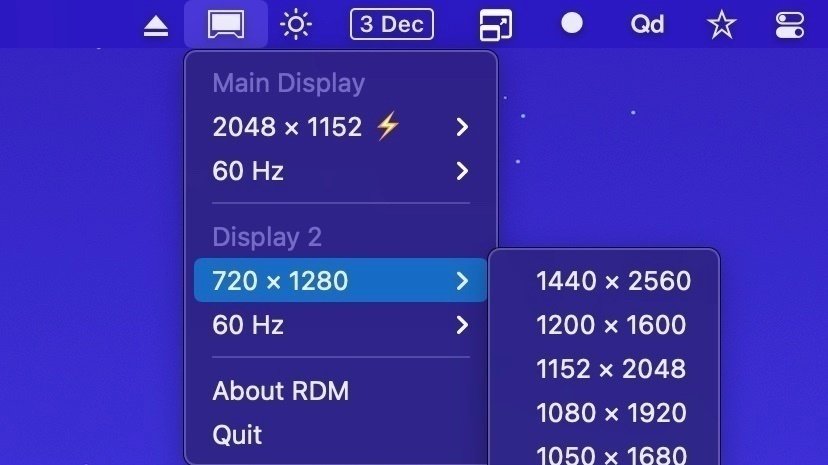Agent oversight routinely monitors the third party, establishing a crucial framework for safeguarding compliance, mitigating risks, and ensuring the integrity of business operations. This comprehensive practice empowers organizations to maintain control over third-party relationships, fostering trust and accountability within the business ecosystem.
By implementing robust agent oversight mechanisms, organizations can effectively supervise the activities of third-party agents, ensuring alignment with internal policies, regulatory requirements, and industry best practices. This proactive approach not only protects the organization’s reputation but also enhances operational efficiency and customer satisfaction.
Definition of Agent Oversight
Agent oversight refers to the monitoring and supervision of agents, such as employees, contractors, or third-party vendors, who act on behalf of a principal or organization.
Agent oversight is crucial for ensuring that agents adhere to established policies, procedures, and legal requirements, thereby protecting the principal’s interests and reputation.
Third-Party Monitoring

Third-party monitoring is a critical aspect of agent oversight, as it involves monitoring the activities and performance of third-party agents who provide services or perform tasks on behalf of the principal.
Third-party monitoring helps ensure that these agents are meeting contractual obligations, adhering to industry standards, and protecting sensitive information.
Routine Monitoring: Agent Oversight Routinely Monitors The Third Party
Routine monitoring is an ongoing process of regularly reviewing agent activities and performance to identify any deviations from established standards or potential areas of concern.
The frequency and scope of routine monitoring vary depending on the nature of the agency relationship and the risks involved.
Compliance and Regulation

Agent oversight is subject to various laws and regulations, such as the Sarbanes-Oxley Act and the Dodd-Frank Wall Street Reform and Consumer Protection Act.
Failure to comply with these regulations can result in significant legal and financial penalties, as well as reputational damage.
Technology and Automation
Technology plays a vital role in agent oversight by automating monitoring processes, enhancing data analysis, and providing real-time alerts.
Automated monitoring tools can track agent activities, identify anomalies, and generate reports, improving the efficiency and effectiveness of oversight efforts.
Data Analysis and Reporting

Data analysis is essential for effective agent oversight, as it allows organizations to identify trends, patterns, and areas of improvement.
Monitoring data can be analyzed using statistical techniques, data visualization tools, and predictive analytics to gain insights into agent performance and identify potential risks.
Top FAQs
What are the key benefits of agent oversight?
Agent oversight provides numerous benefits, including enhanced compliance, reduced risks, improved operational efficiency, and strengthened customer trust.
How can organizations effectively monitor third-party agents?
Organizations can effectively monitor third-party agents through a combination of regular audits, performance reviews, data analysis, and ongoing communication.
What are the common challenges associated with agent oversight?
Common challenges include managing multiple third-party relationships, ensuring data accuracy and integrity, and keeping pace with evolving regulatory requirements.